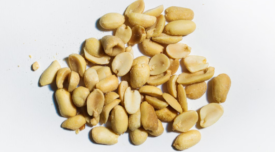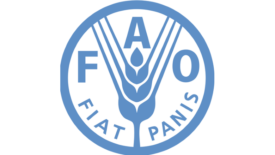International
Food Safety Culture and the Local Food Movement
To what extent do established food safety culture cornerstones apply to the local foods segment of the food industry?
February 13, 2024
Never miss the latest news and trends driving the food safety industry
eNewsletter | Website | eMagazine
JOIN TODAY!Copyright ©2025. All Rights Reserved BNP Media.
Design, CMS, Hosting & Web Development :: ePublishing











